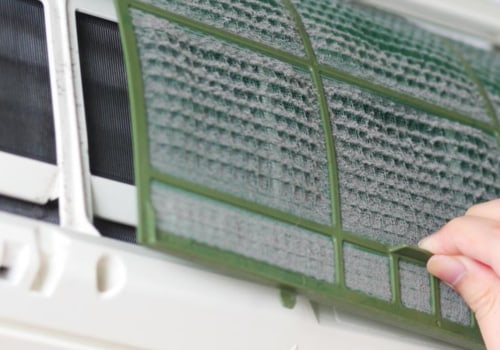A dirty filter can have a significant impact on your HVAC system, leading to increased energy costs, difficulty maintaining the right temperature in your home, and even damage to the system. If the air cleaner is not serviced regularly, it will become clogged and unable to pass air through it. This will cause the system to overheat, leading to short cycling and potentially damaging the entire system. Additionally, dust and debris can enter the oven and wreak havoc on its inner workings.
Replacing air filters is an easy and inexpensive way to get the most out of your home. Ignoring them can lead to higher energy costs, damage to expensive equipment, and decreased indoor air quality and personal health. It's important to know where the filter is located, how to access it, and what needs to be done to clean or replace it. Reusable filters should be cleaned according to the manufacturer's instructions.
If you have upgraded to a higher efficiency filter, such as one with a MERV 16 rating or lower, it's important to know that these need to be changed more frequently than standard HVAC filters. Not replacing the air filters for a long time can lead to evaporator coil failures. This is because the buildup of dust and debris creates a nearly impenetrable barrier so that air cannot fully flow, which can ultimately cause multiple problems for the entire HVAC system. It's also important to remember that the filter is not used to purify the air you breathe, but rather to protect the sensitive components of your HVAC system.



